The Advancing the Bioeconomy: From Waste to Conversion-Ready Feedstocks Workshop is from February 19–20, 2020 in Arlington, Virginia. Below are the speaker biographies for this event. For more information on this workshop please visit BETO’s event page.
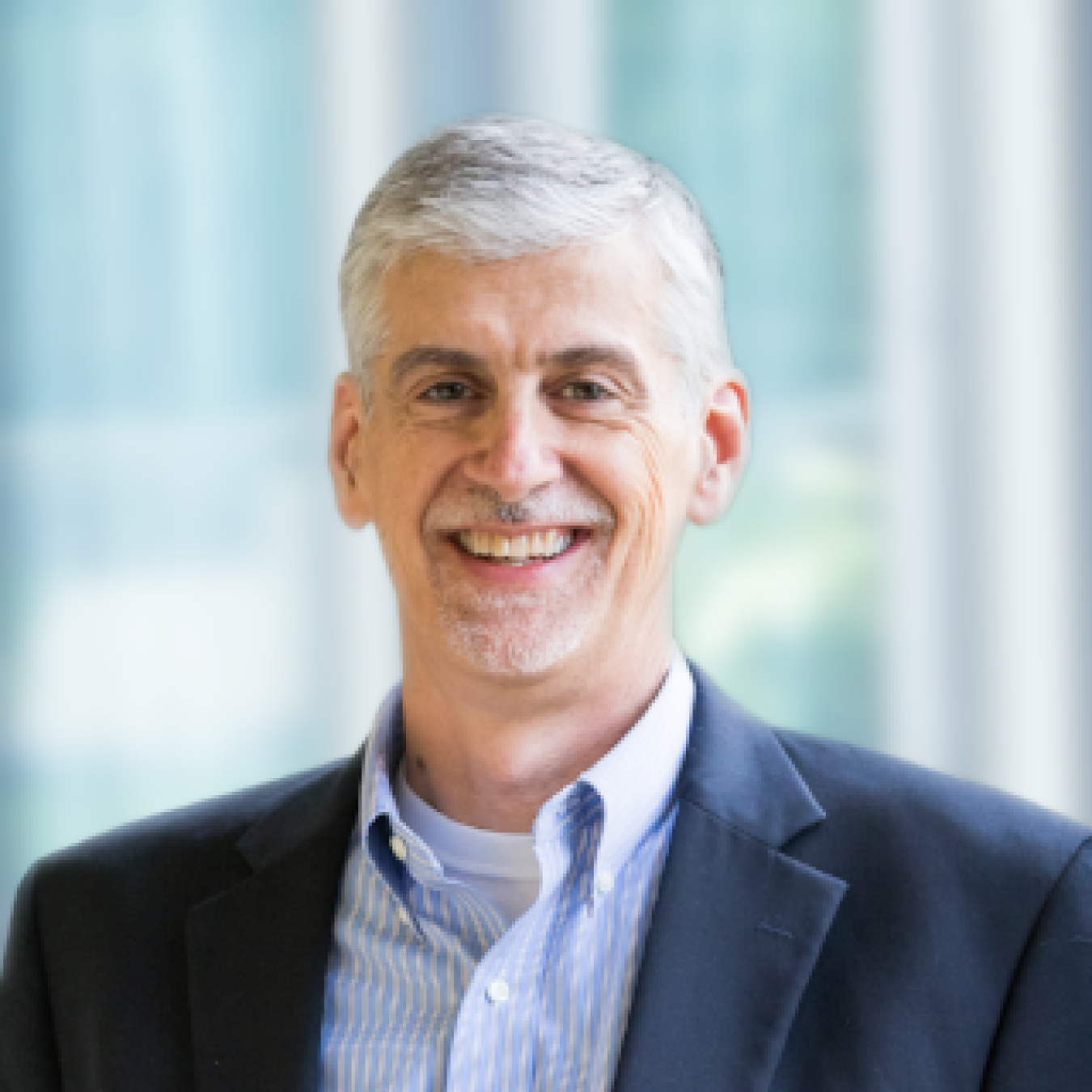
Magdi Azer, REMADE Institute
Dr. Magdi Azer is the chief technology officer of the REMADE Institute, where he oversees inter-node and Institute-wide collaboration in the development of new technologies. Dr. Azer spent much of his career forging innovation and collaboration at General Electric (GE) as a program and business development manager was instrumental in GE’s involvement in Manufacturing USA network initiatives, securing over $7M in total funding for efforts in technology research, scale-up program development, and full-scale deployment. Dr. Azer holds a B.S. in mechanical engineering from Kansas State University and an M.S. and Ph.D. in mechanical engineering from the University of Illinois, Urbana-Champaign.
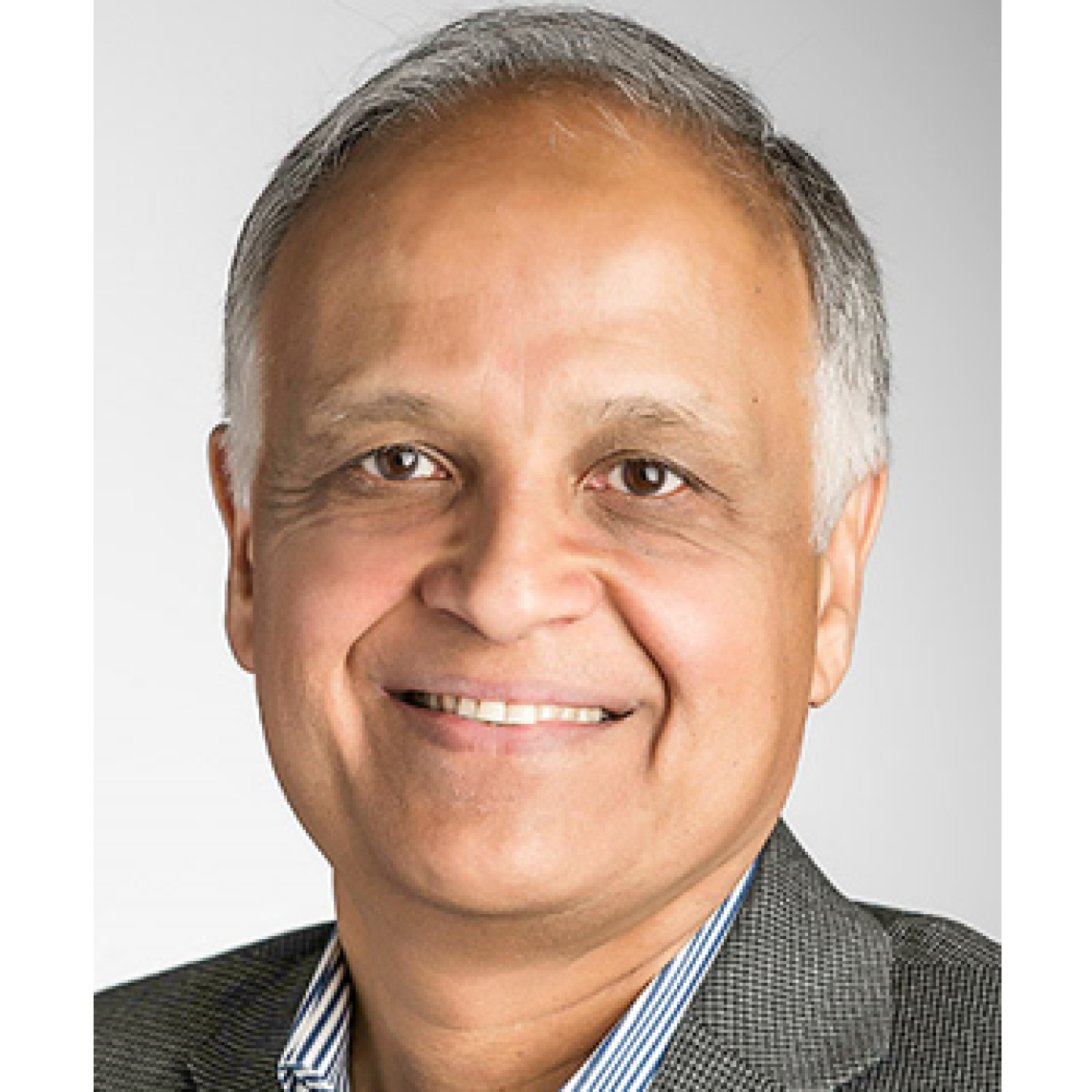
Zia Abdullah, National Renewable Energy Laboratory (NREL)
As the Biomass Laboratory program manager, Dr. Zia Abdullah fosters NREL’s relationship with BETO. He works with senior lab management to set the strategic agenda for NREL’s biomass portfolio and with research staff to execute against the research strategy. He is a mechanical engineer with extensive experience in thermochemically and biochemically converting biomass to fuels and chemicals. His experience includes more than 25 years of research and development in biomass conversion, as well as problem-solving, new product development, business development, and project management. Dr. Abdullah has a B.A.Sc. and Ph.D. in mechanical engineering from the University of Ottawa and an MBA in technology management from the University of Washington.
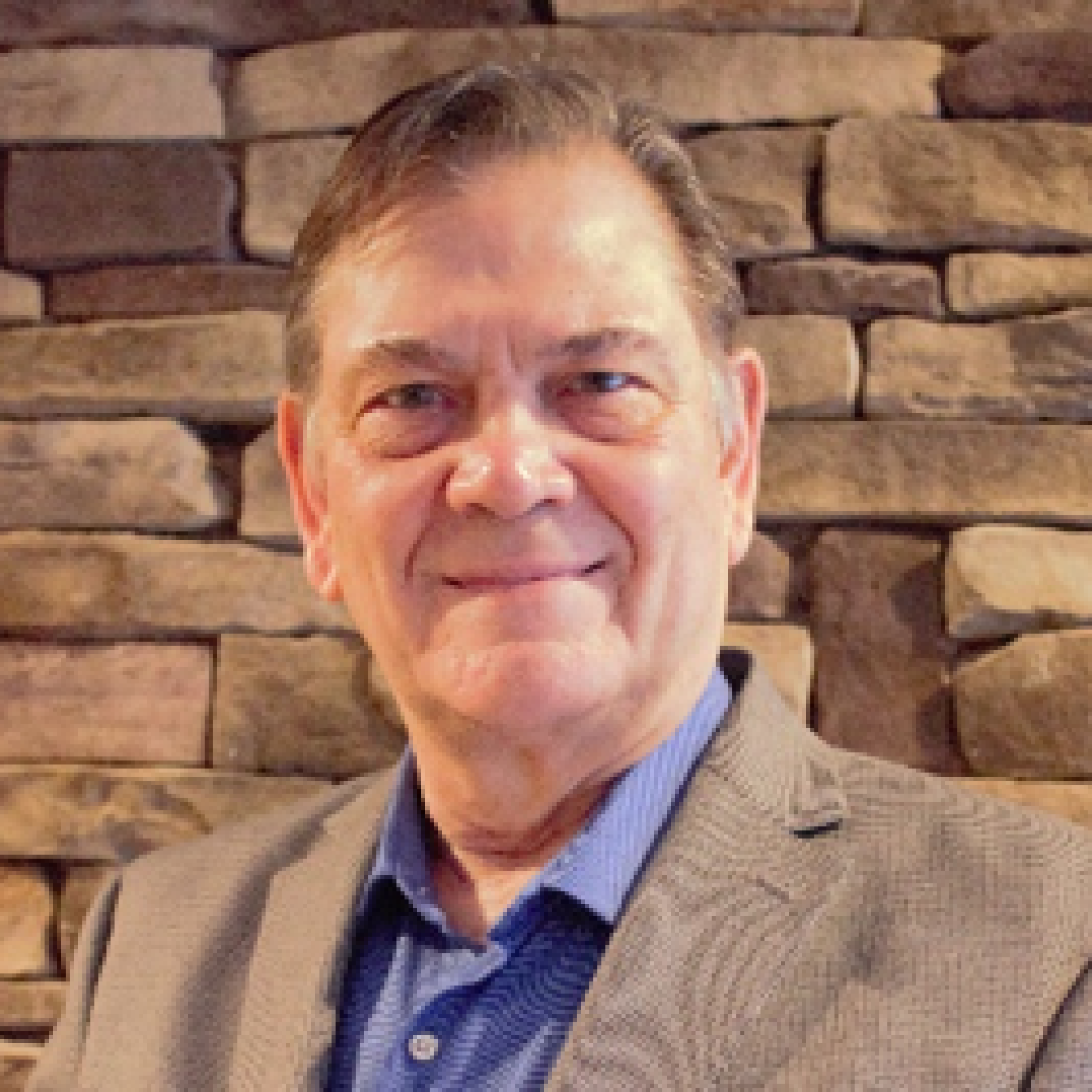
Ezra Bar-Ziv, Michigan Technological University
Dr. Ezra Bar-Ziv is professor of mechanical engineering at Michigan Technological University (MTU), directing torrefaction and co-firing of torrefied materials. Prior to MTU, Dr. Ezra Bar-Ziv founded and directed the Laboratory for Clean Combustion and was the chair founder of the Biotechnology and Environmental Engineering Department at Ben Gurion University. His current areas of research include biomass torrefaction and waste valorization. Dr. Bar-Ziv founded three start-up companies on waste valorization and led the largest torrefaction facility in the United States for Portland General Electric. Dr. Ezra Bar-Ziv received his B.Sc. in physics and chemistry from the Hebrew University and a Ph.D. from Weizmann Institute of Science, Israel.
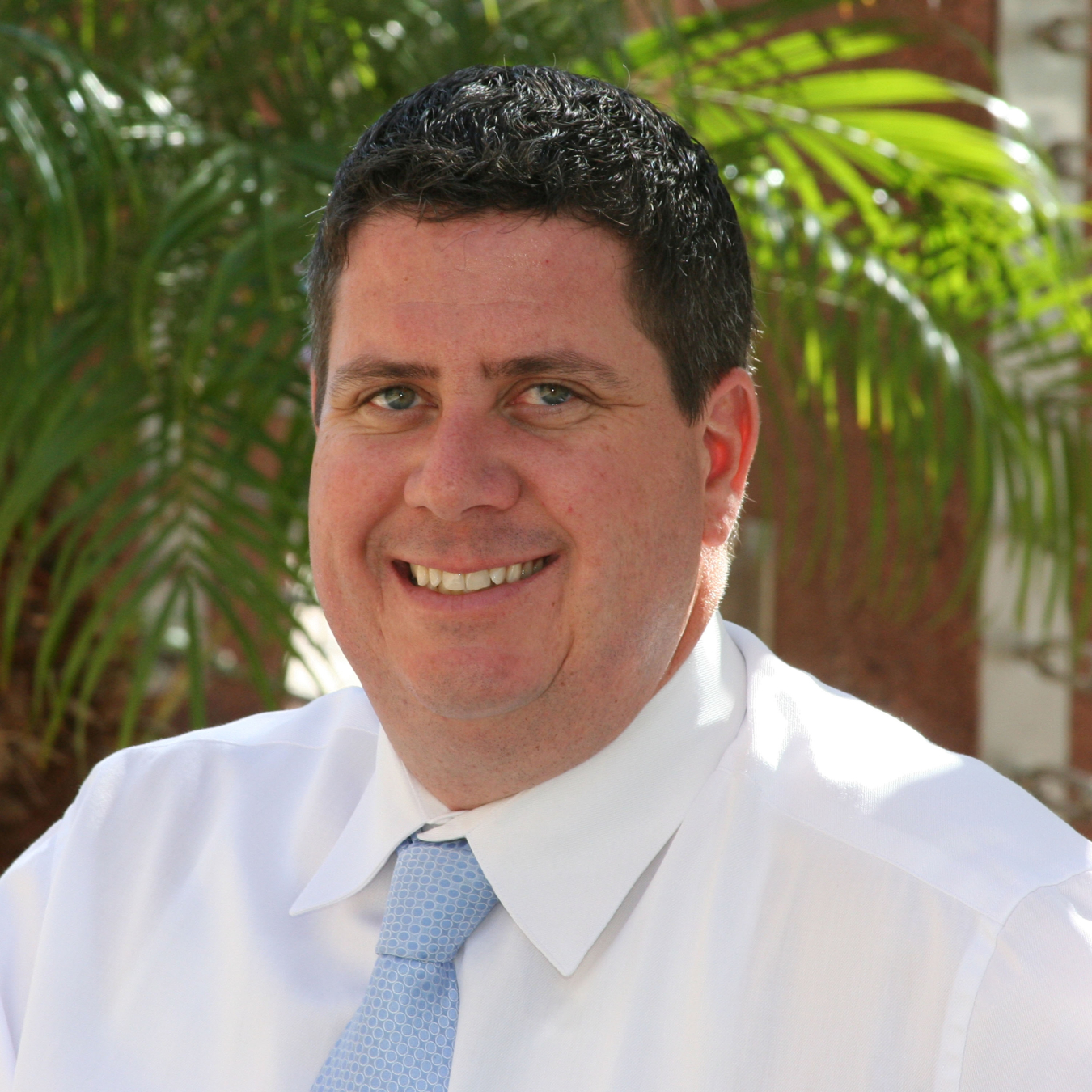
Scott Bouchie, City of Mesa, Arizona
Scott Bouchie is the Environmental Management and Sustainability director at the City of Mesa in Arizona, where he is responsible for the residential and commercial solid waste and recycling service. In addition to his solid waste duties, Scott is also responsible for the City of Mesa renewable energy, water, and energy conservation and environmental compliance programs. Scott has over 23 years of experience in the environmental field and has been with the City of Mesa for over 20 years. Mr. Bouchie received his B.S. in environmental science from Northern Arizona University and an M.S. in environmental management from Arizona State University.
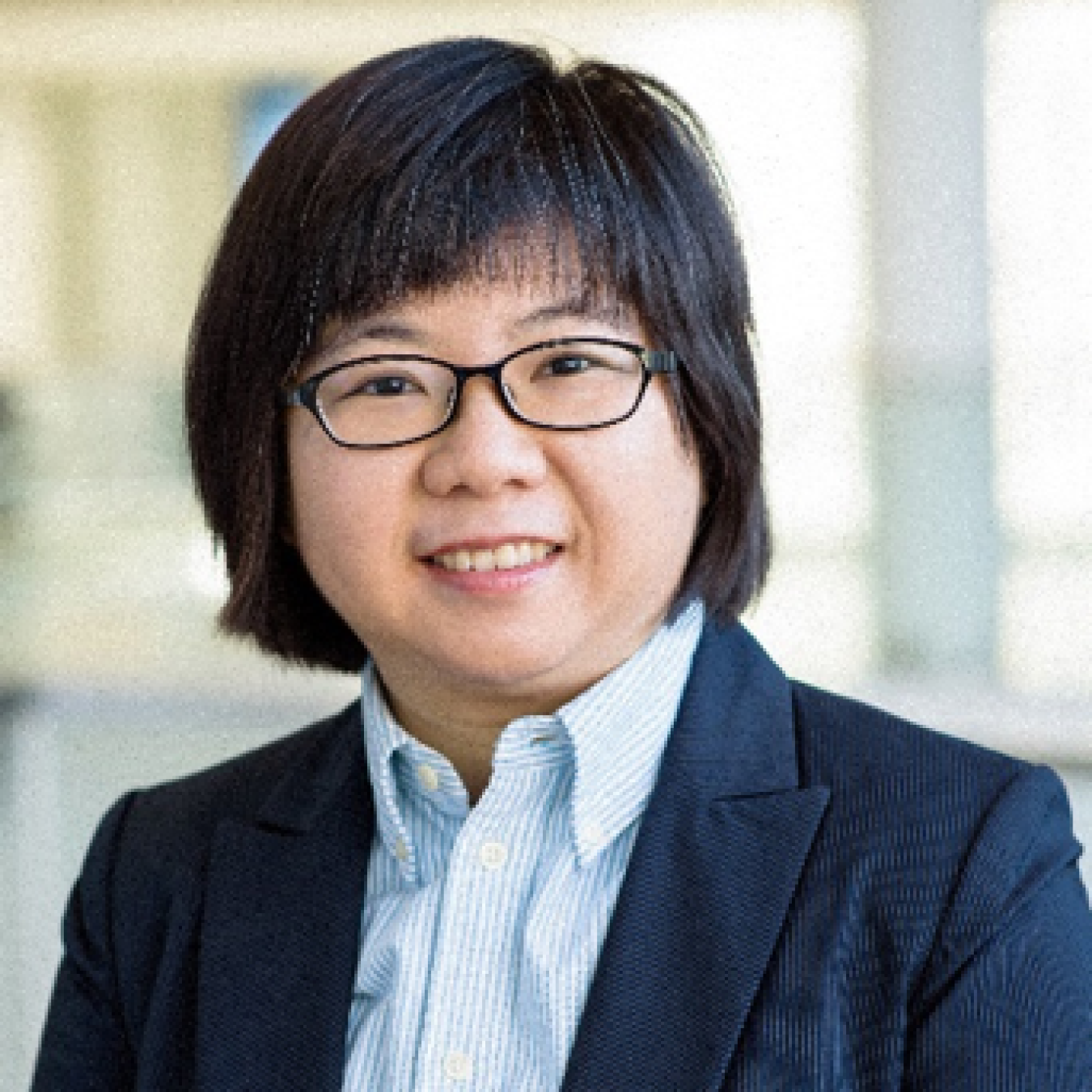
Grace (Wan-Ting) Chen, University of Massachusetts-Lowell
Professor Grace Chen directs the Plastic and Environment Research Laboratory (PERL) at the University of Massachusetts-Lowell (UMass Lowell). Professor Chen’s current research focuses on four topics: 1) chemical recycling of plastic waste into fuels, polymers, and chemicals; 2) biofuel and bioplastic material development; 3) microplastic pollution mitigation; and 4) green solvent formulation. Her research program contributes to the development of new multidisciplinary materials on the topic of plastic waste recycling, biomaterial synthesis, and sustainability analysis. She received her B.Sc. in chemical engineering from National Taiwan University and an M.S. and Ph.D. in biological and agricultural engineering from the University of Illinois at Urbana-Champaign.
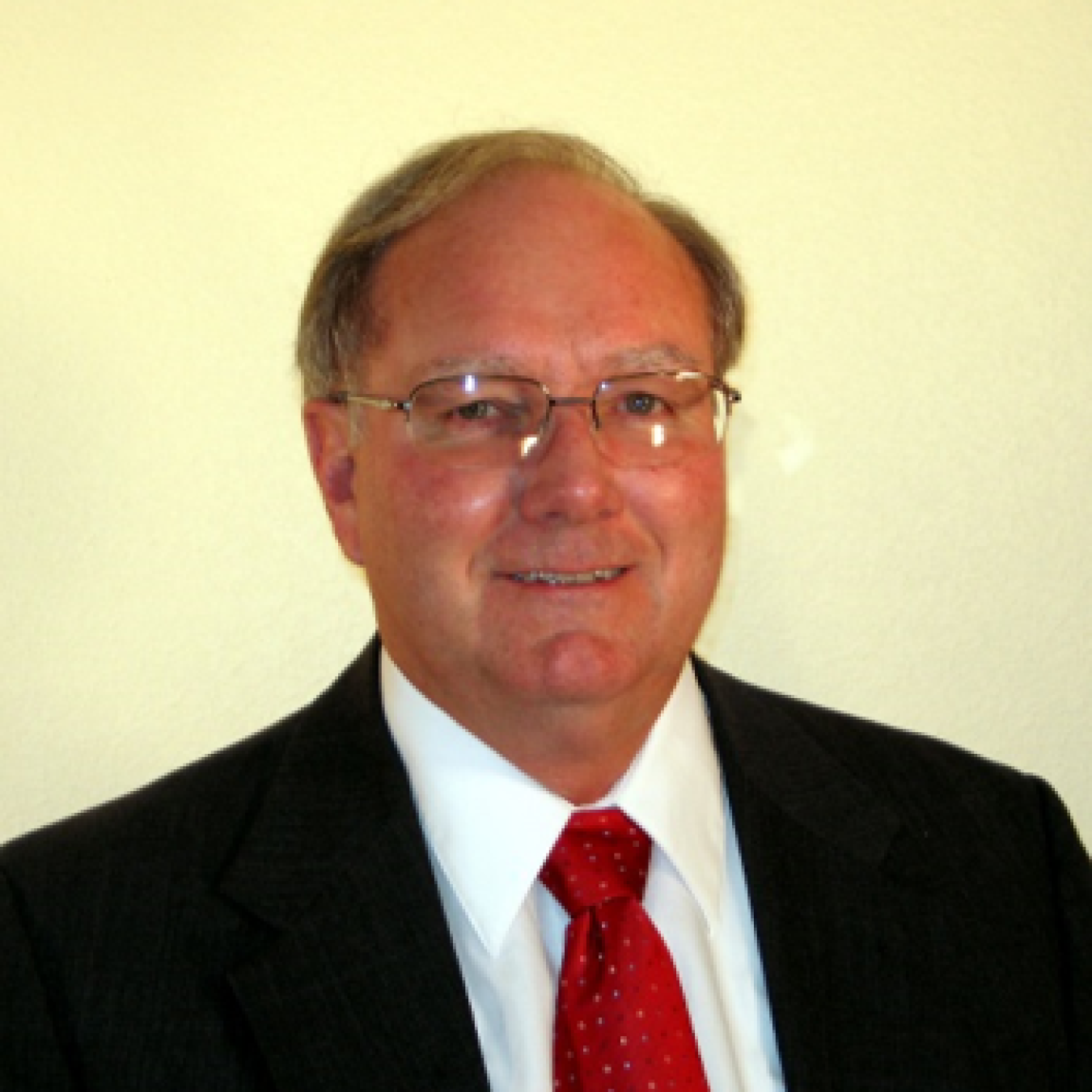
Jim Dooley, Forest Concepts, LLC
Dr. Jim Dooley is co-founder and chief technology officer of Forest Concepts, LLC. Dr. Dooley built his 45-year career in industry by combining a deep understanding of plant biology with disciplined engineering design and social sciences to create innovative products, processes, and equipment. He is a Fellow of three scientific and technical societies: American Society of Agricultural Engineers (ASABE), the Institute of Biological Engineering (IBE), and the American Institute for Medical and Biological Engineering (AIMBE). Jim was president of IBE in 2000 and ASABE in 2008. Mr. Dooley holds agricultural engineering degrees from California Polytechnic State University and the University of California at Davis and a Ph.D. in forest resources and forest engineering from the University of Washington.
Bradley T. Kelley, Gershman, Brickner, and Bratton Inc.
Bradley T. Kelley, is a senior project engineer at Gershman, Brickner, and Bratton Inc. and has over 25 years of engineering design experience both as a consultant and in the private sector. Working for equipment manufacturers, he has conceptualized and designed a multitude of processing systems for MSW, single-stream, construction waste and demolition debris, biomass, and waste-to-energy projects. As a design engineer, he has utilized 3D computerized drafting technology for both component manufacturing and processing layouts, has hands-on skills with system installations, and has experience with hydraulics, electrical, and logic programming. Mr. Kelley received a B.S. in mechanical engineering at the University of Washington and a mechanical engineering post-graduate at the University of Utah.

Jordan Klinger, Idaho National Laboratory (INL)
Dr. Jordan Klinger is a postdoctoral researcher in INL’s Energy Environment Science and Technology directorate. He is involved in biomass feedstock conversion research, designing, and conducting experiments to determine relationships between key feedstock attributes and thermochemical conversion performance. Before coming to INL in 2016 he was chief operating officer of Treamin Energy Inc., engaged in producing economically viable alternatives to fossil coal through torrefaction of waste biomass feedstock. He is a member of the American Society of Mechanical Engineers and the American Institute of Chemical Engineers. Jordan received his B.S., M.S., and Ph.D. in mechanical engineering from Michigan Technological University.
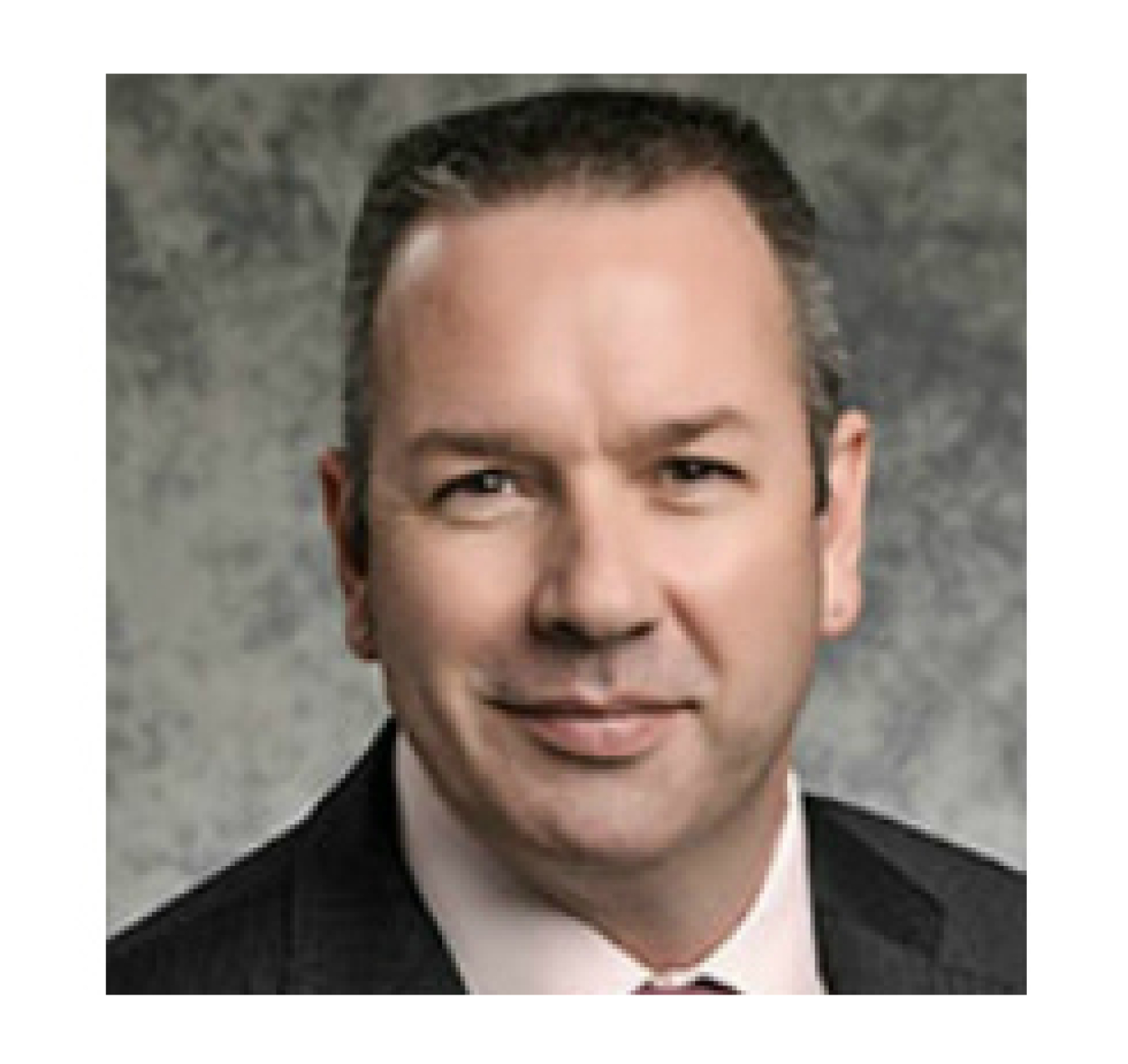
Jonathan Male, Bioenergy Technologies Office
Dr. Jonathan Male is the director for the Bioenergy Technologies Office (BETO) in the Office of Energy Efficiency and Renewable Energy (EERE). In this role, he leads the Office’s work to lower costs, reduce technical risk, and accelerate deployment of bioenergy and renewable chemicals technologies. He oversees research and development across the entire supply chain—from sustainable biomass growth and collection to biomass conversion technologies that include biochemical, catalytic, and thermochemical pathways to produce economically viable biofuels and bioproducts. The office’s portfolio of demonstration activities involving public-private partnerships helps BETO staff to evaluate risks and enable industrial entities to move technologies to commercial scale in the emerging bioenergy industry.
Before joining the U.S. Department of Energy, he was the laboratory relationship manager for biomass at Pacific Northwest National Laboratory. There he was responsible for business development and enabling high-quality and timely projects aligned to BETO’s needs. Previously, he worked at the GE Global Research Center in Niskayuna, New York, and developed programs in heterogeneous and homogeneous catalysts. In total, he has more than 17 years of research experience in catalysts, inorganic materials, high throughput experimentation, greenhouse gas emissions reduction technologies, production of chemicals, and biofuels. He received a B.S. in applied chemistry from the University of Greenwich, England, and his Ph.D. in organometallic chemistry at Simon Fraser University in Canada.
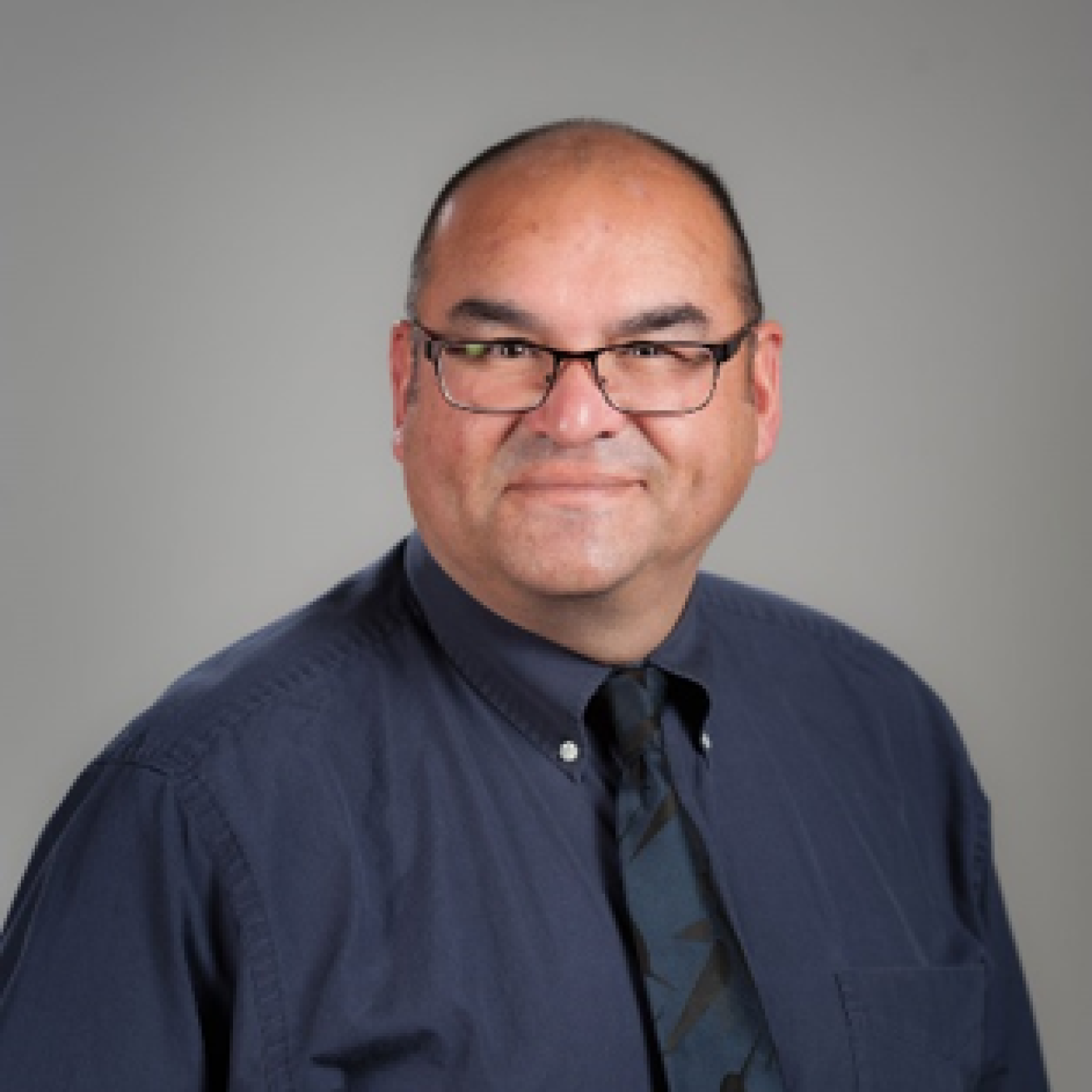
Armando McDonald, University of Idaho
Dr. Armando McDonald is a professor of renewable materials chemistry in the Department of Forest, Rangeland, and fire sciences at the University of Idaho. He has more than 30 years of experience in polysaccharide chemistry, biomass chemistry, biomass conversion, biofuels, wood science, biopolymer/bioplastic, and biocomposites research. His group is currently investigating: 1) bioplastics from lignin and other waste streams, 2) biofuels from pyrolysis of biomass and plastics, 3) development of nanostructured Fischer-Tropsch catalysts for production of fuels, 4) biocomposites, 5) algae conversion to fuels, 6) biomass conversion into chemicals, 7) torrefaction of biomass and plastic waste, and 8) natural products chemistry. Dr. Armando holds a B.Sc. and a M.S. in chemistry and applied chemistry from the University of Otago, New Zealand, and a Ph.D. in chemistry from York University, Canada.
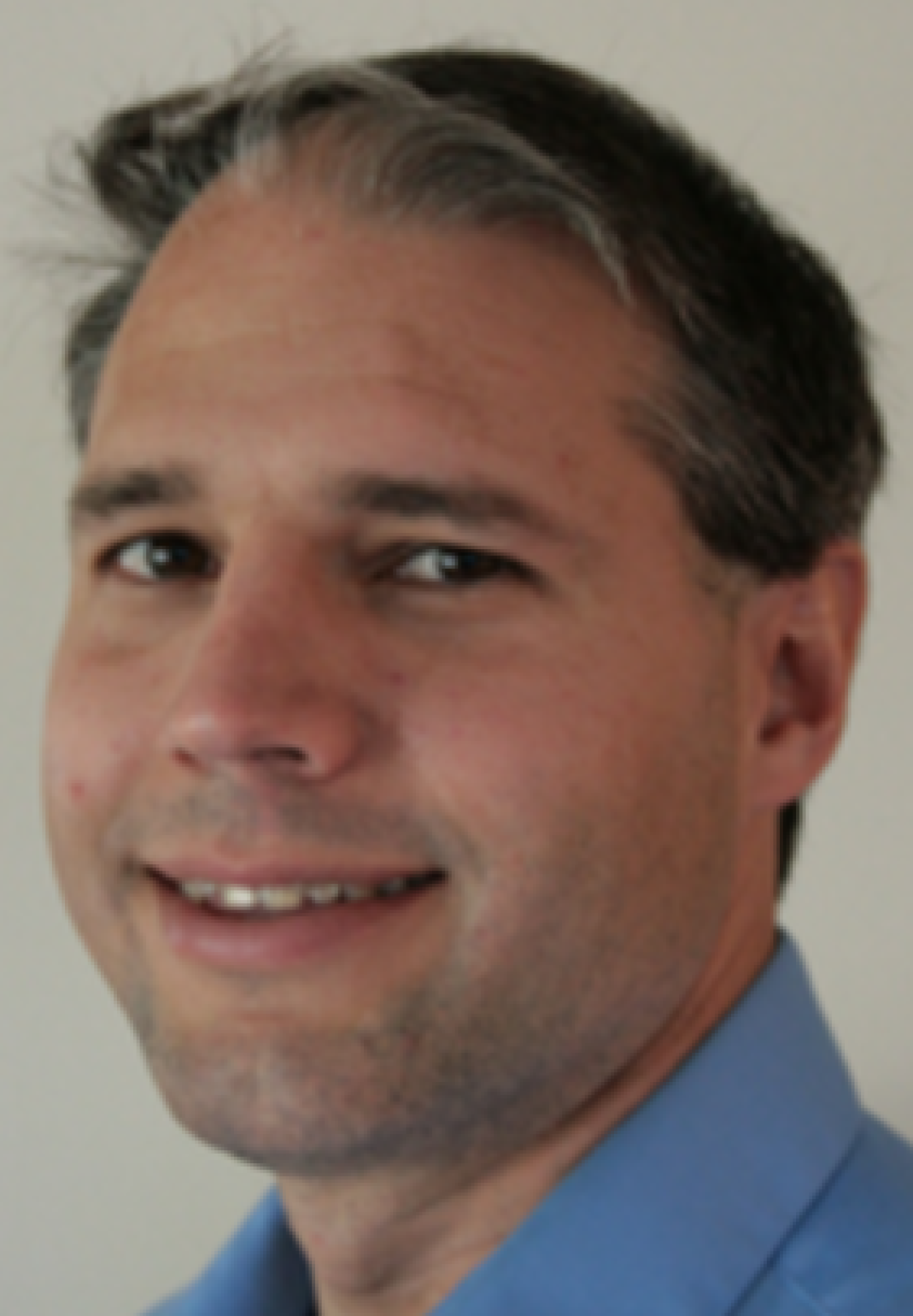
Bruno Miller, Fulcrum Bioenergy
Dr. Bruno Miller is managing director of fuels at Fulcrum Bioenergy, a pioneer in the development of a reliable and efficient process for transforming everyday household garbage into low-carbon transportation fuels. He is responsible for directing Fulcrum Bioenergy´s fuel activities including sales, logistics, and regulatory affairs. Dr. Miller has more than 20 years of experience in the air transportation industry including managing an airline’s fuel supply chain as well as analyzing and developing strategies to strengthen the leadership of major global airlines on sustainability and environmental performance. Dr. Miller holds a Ph.D. in air transportation systems as well as a B.S. and M.S. in aeronautics and astronautics and an M.S. in technology and policy from the Massachusetts Institute of Technology.
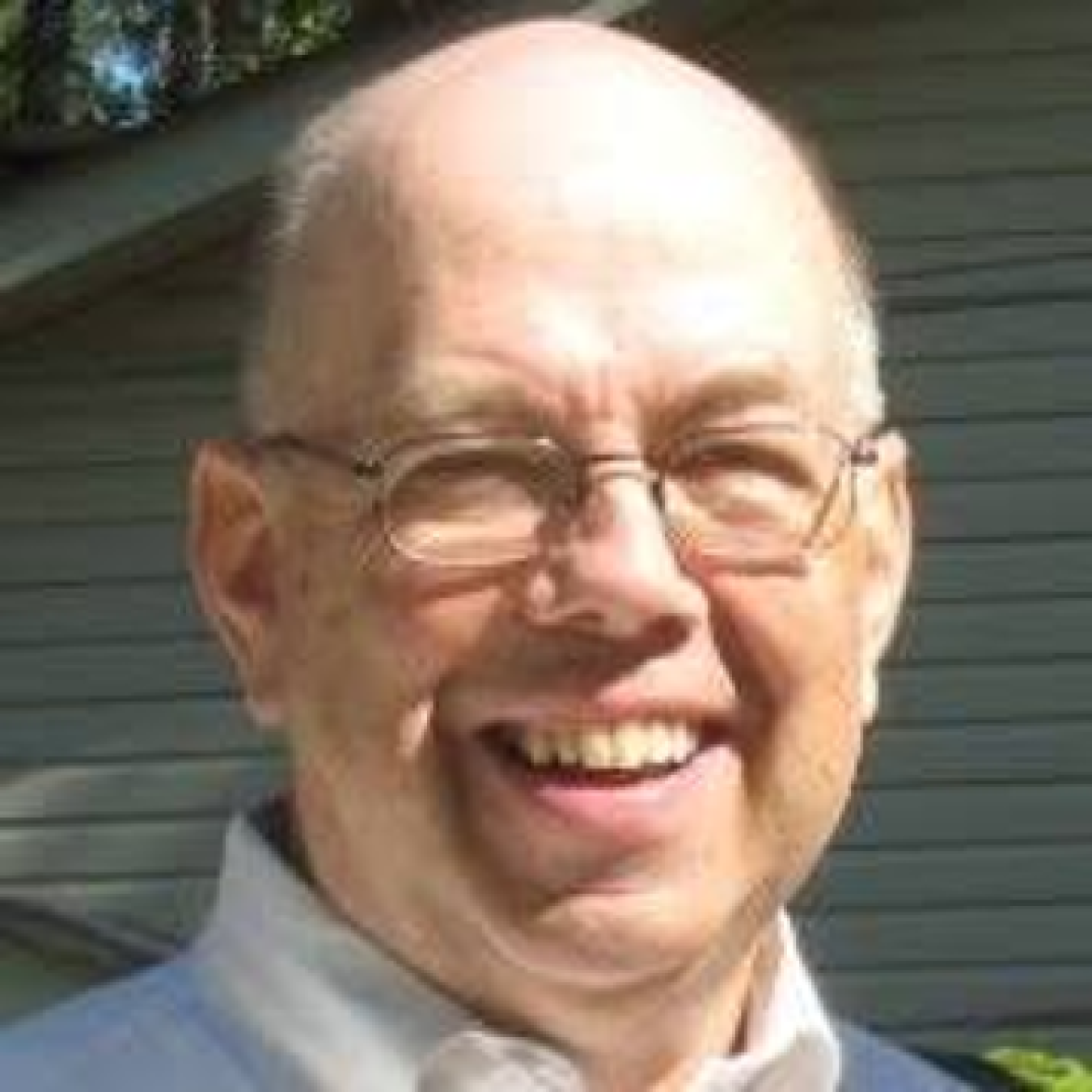
Alan Overcash, Southeastern Biochemicals Inc.
Alan Overcash is an executive leader with over 35 years of experience designing and leading the construction of multi-million dollar production facilities in the United States and internationally. His current focus is the beverage and ethanol industries with specific expertise in capital project management, operations, strategic logistics, and R&D. Other experience includes finding new sources for food ingredients and locating raw materials and developing innovative processes to extract and refine ingredients to USP standards. Mr. Overcash is an expert in the development of industrial water and wastewater treatment process and standards and implementing them throughout large organizations. He holds a B.S. in chemical engineering from North Carolina State University, an M.S. in biochemical engineering from Rutgers University, and an MBA from Georgia State University.
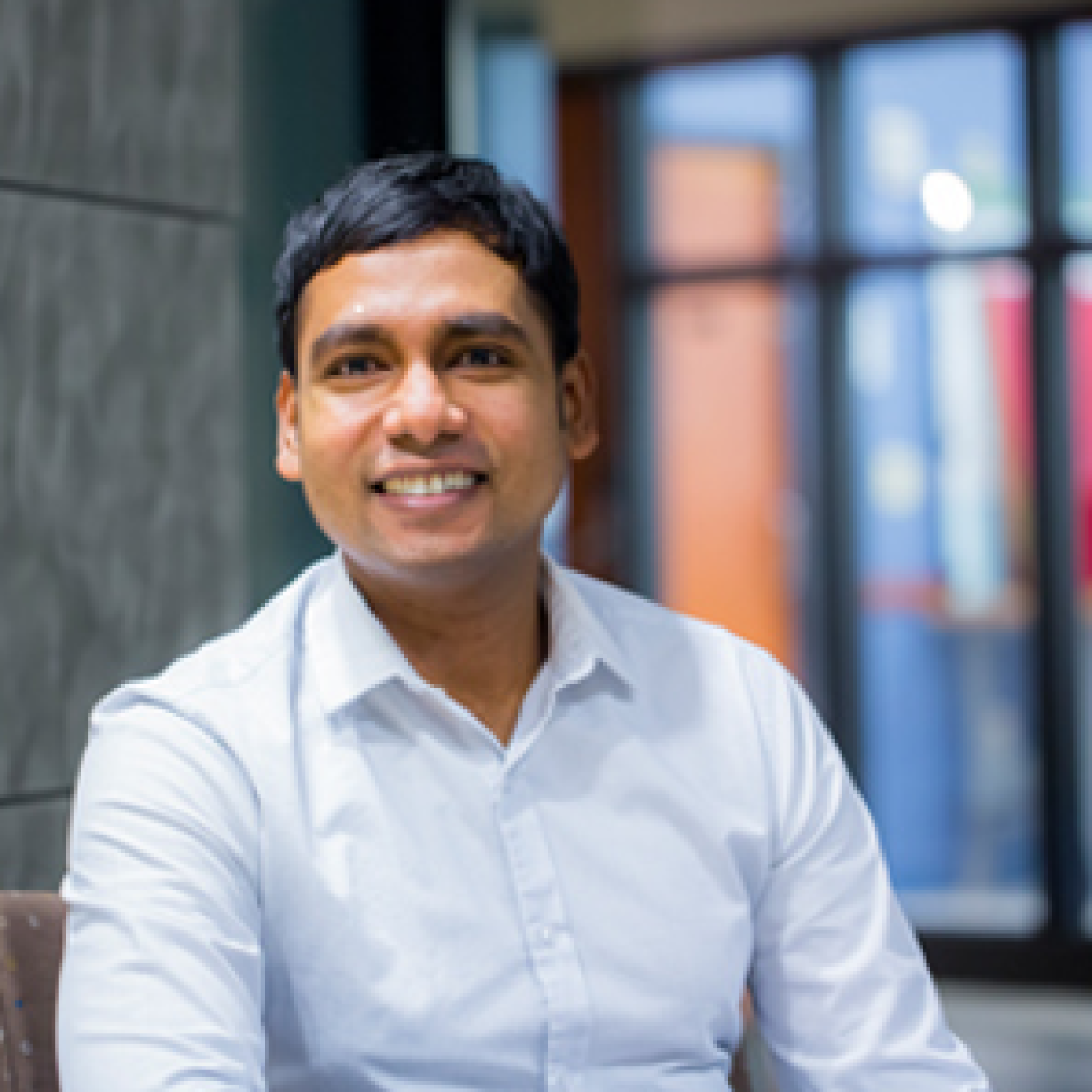
Toufiq Reza, Florida Institute of Technology
Dr. Toufiq Reza is an assistant professor of chemical engineering at the Department of Biomedical and Chemical Engineering and Sciences at Florida Institute of Technology. His primary research interest is thermochemical conversions including hydrothermal carbonization, hydrothermal liquefaction, supercritical water gasification, torrefaction, and pyrolysis. Dr. Reza’s ongoing projects include preparation of advanced biorefinery feedstocks from waste corn stover and valorization of organic fraction of municipal solid waste. Dr. Reza received his M.S. and Ph.D. in chemical engineering from the University of Nevada, Reno.
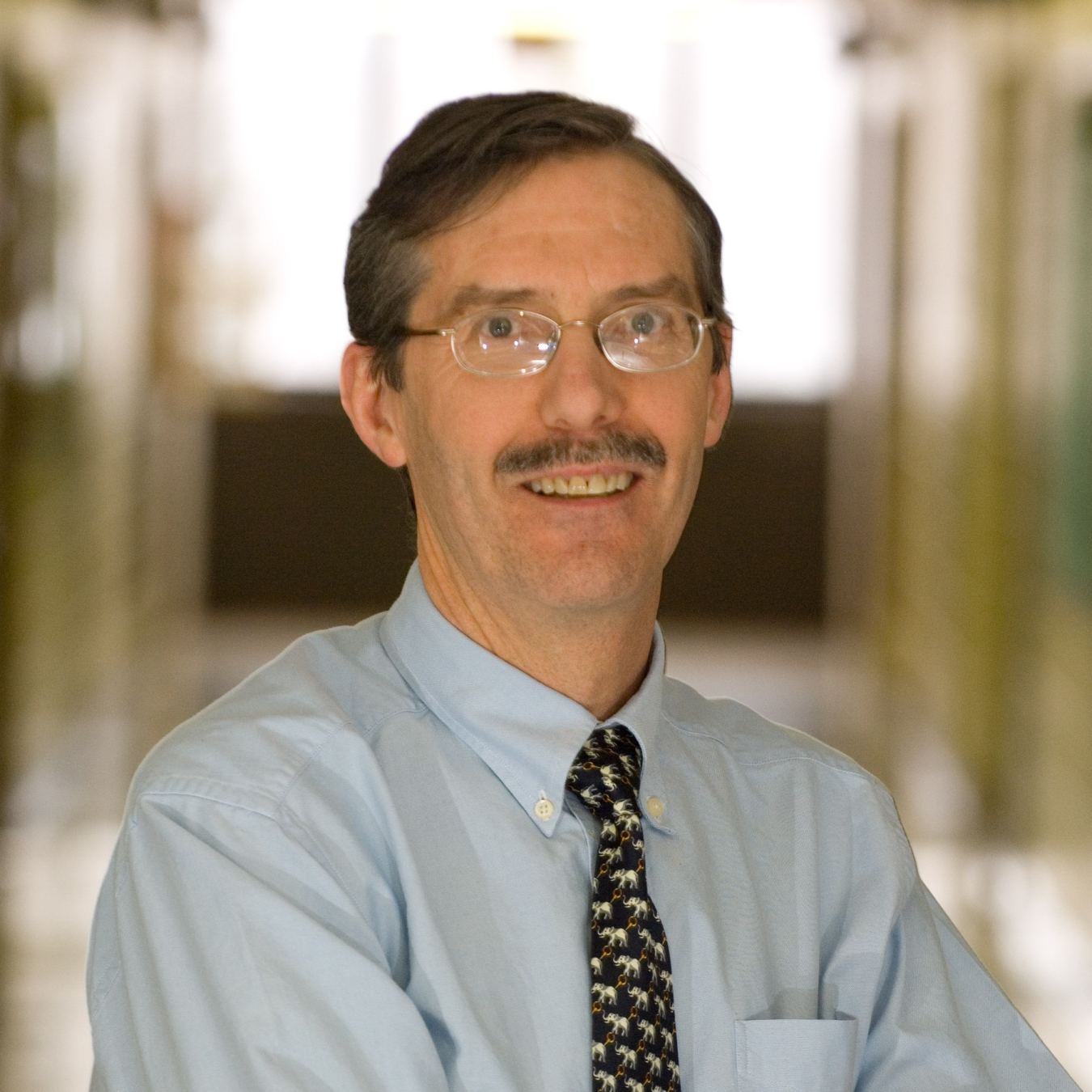
David R. Shonnard, Michigan Technological University
Dr. David Shonnard is a professor and the Richard and Bonnie Robbins Endowed Chair in Sustainable Use of Materials in the Department of Chemical Engineering at Michigan Technological University and director of the Sustainable Futures Institute. He has over 25 years of academic experience in sustainability issues in the chemical industry and green engineering. His research interests are in environmental fate and transport of pollutants, efficient reutilization of waste polymer materials, wood-based advanced biofuel processes, environmental life cycle assessments and techno-economic analyses of advanced biofuels and bioproducts. David has a B.S. in chemical and metallurgical engineering from the University of Nevada, Reno and an M.S. and Ph.D. in chemical engineering from the University of California, Davis.
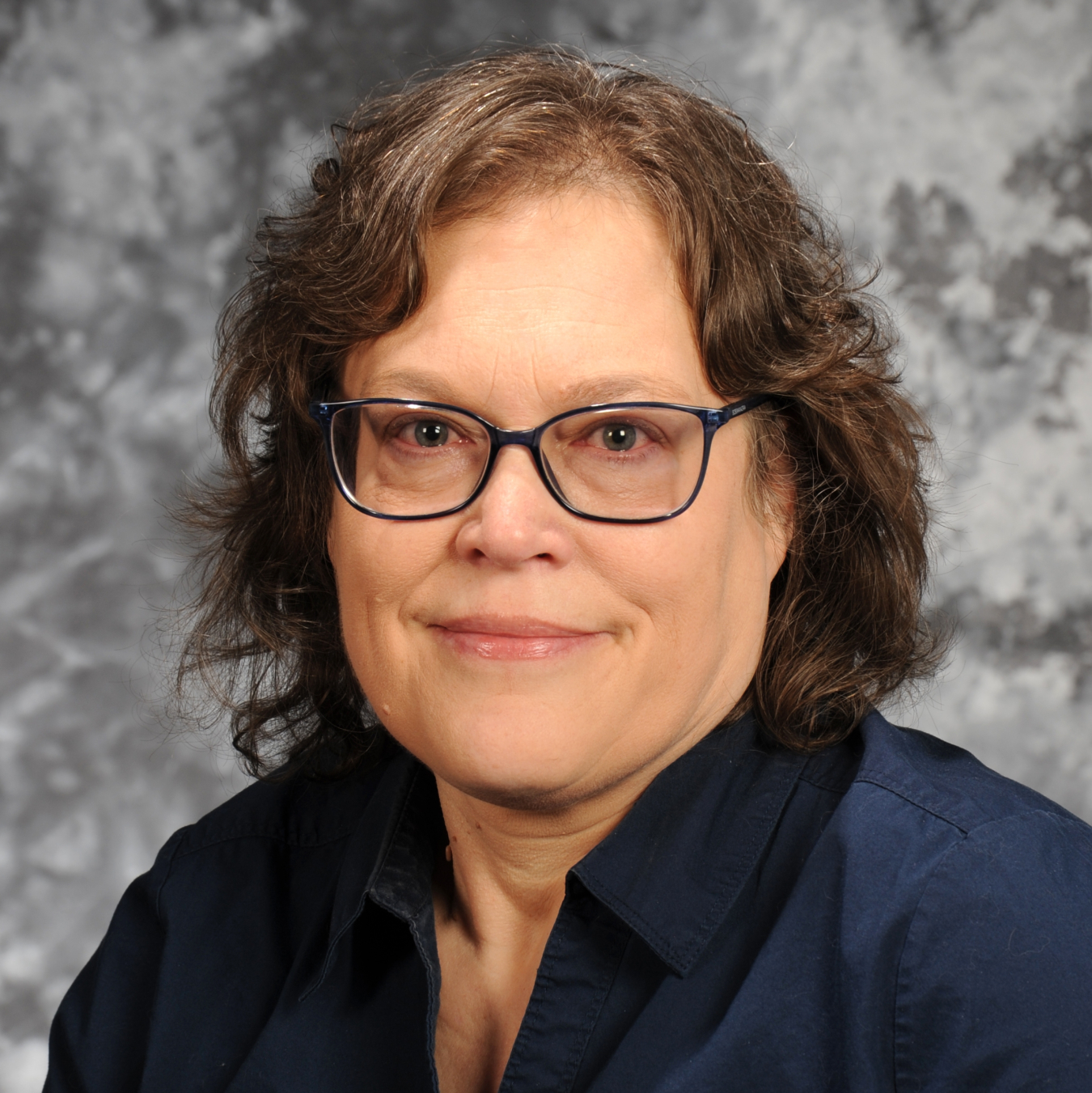
Vicki Thompson, Idaho National Laboratory
Dr. Vicki Thompson is a Distinguished Staff Engineer in INL’s Biological and Chemical Processing Department. Her research interests include environmental bioremediation, development of novel forensic tests, use of extremophilic micro-organisms and proteins derived from those organisms for industrial applications such as wastewater treatment, biocatalysis, production of fuels and chemicals from biomass, and enzymatic hydrolysis of lignocellulose. Recent research includes characterization of waste feedstocks such as municipal solid waste, agricultural wastes, food processing wastes, and industrial wastes. These feedstocks cost less than traditional biomass feedstocks and offer ways to reduce feedstock costs and enable biorefinery development. Dr. Thompson obtained a B.S. in chemical engineering from the University of Iowa and her Ph.D. from Michigan State University.
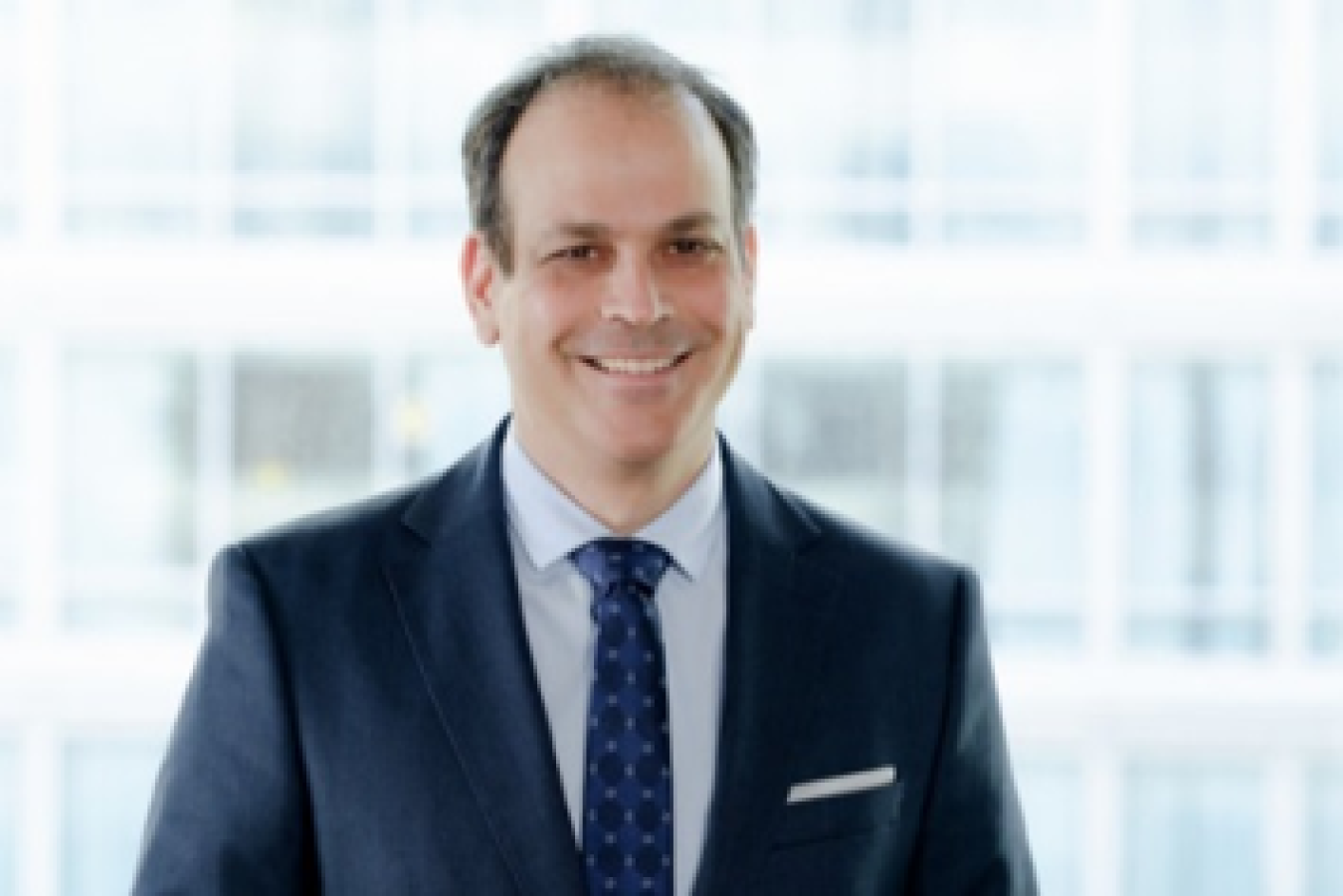
Charles Tremblay, Enerkem
Mr. Tremblay is the vice president, Raw Materials at Enerkem. In this role, he is responsible for the supply, preparation, and pretreatment of heterogeneous raw materials used in Enerkem’s exclusive thermochemical process. Mr. Tremblay has been in the waste management industry for more than 25 years. Prior to Enerkem, he was president and chief operating officer of Écoservices Tria, a company specializing in the recovery of construction site debris. Mr. Tremblay has been a member of the Board of Directors for the Regroupement des récupérateurs et des recycleurs de matériaux de construction et de démolition du Québec (3RMCDQ) for five years. He was founding chairman of the Conseil des entreprises en services environnementaux. Mr. Tremblay holds a degree in mechanical engineering from École Polytechnique de Montréal.

